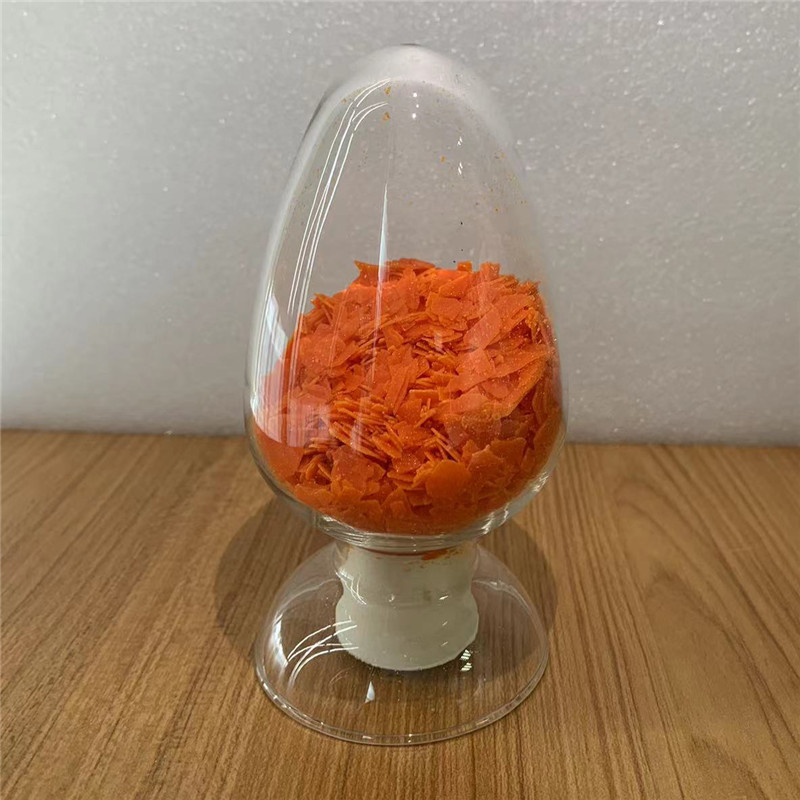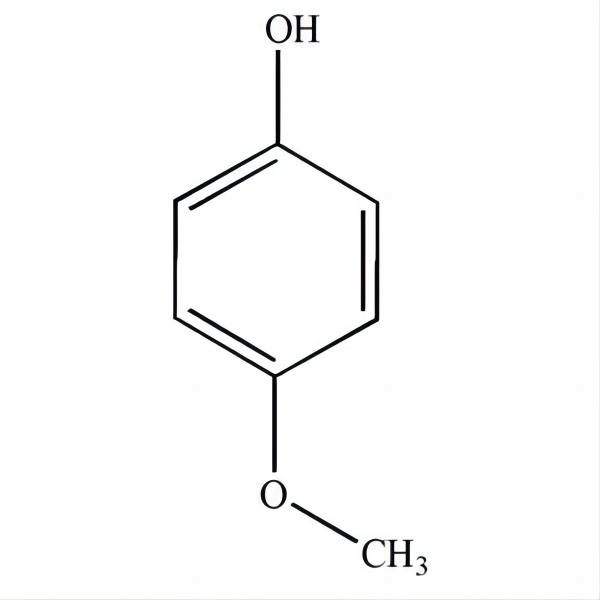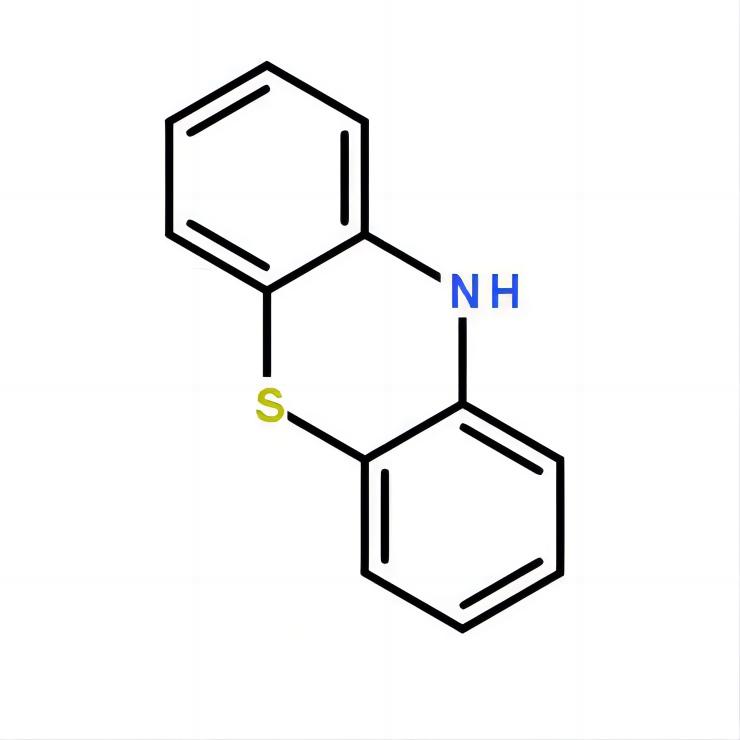-

Acrylic acid, ester series polymerization inhibitor TH-701 High Efficiency Polymerization Inhibitor
Product Name: TH-701 High Efficiency Polymerization Inhibitor
Synonyms: 4-Hydroxy Tempo, Free Radical;
4-Hydroxy-2,2,6,6-tetramethyl-1-piperidin-1-yloxy, free radical; 2,2,6,6-Tetramethyl-4-hydroxypiperidine 1-oxyl; 2.2.6.6-tetramethyl-freeagaoxy-4-piperidyl; 4-Hydroxy-TEMPO Styrene, Acrylates+Acrylics polymerisation inhibitor; tempol; 4-Hydroxy-TEMPO; 4-Hydroxy Tempo; 2,2,6,6-Tetramethyl freeagaoxy-4-piperidyl; 4-Hydroxy-TEMPO free radical; 4-Hydroxy-2,2,6,6-tetramethyl-piperidinyloxy; Light stabilizer 701; TMHPO; inhibitor zx-172; 4-Hydroxy-2,2,6,6,-tetramethyl-4-piperidinyl oxide, free radical; 2,2,6,6,-Tetramethyl-Freeagaoxy-4-Piperidyl; Dipyridamole oxide; 4-hydroxyl TEMPO; free radical of nitroxide; 4-hydroxyl-2,2,6,6-tetramethylpiperidine-1-Oxyl; polymerization inhibitor701; High-efficiency Inhibitor ZJ-701; 4-Hydroxyl-2,2,6,6-tetramethyl-piperidin-1-oxyl free radical; 4-Hydroxy-2,2,6,6-tetramethylpiperidine 1-oxyl; Polymerization inhibitor 701; 4-hydroxy-tempo, free radical; (4-hydroxy-2,2,6,6-tetramethylpiperidin-1-yl) oxidanyl
Molecular formula: C9H18NO2
Molecular weight: 172.25
CAS#: 2226-96-2
Structure formula:
-

Acrylic acid, ester series polymerization inhibitor 4-Methoxyphenol
Chemical name: 4-Methoxyphenol
Synonyms: P-methoxyphenol, 4-MP, HQMME, MEHQ, MQ-F, p-guaiacol, p-hydroxyanisole, hydroquinone monomethyl ether
Molecular formula: C7H8O2
Structure formula: Molecular weight: 124.13
Molecular weight: 124.13
CAS NO.: 150-76-5
Melting point: 52.5℃ (55-57℃)
Boiling point: 243℃
Relative density: 1.55 (20/20℃)
Vapor pressure: 0.0539mmHg at 25℃
Vapor density: 4.3 (vs air)
Flash point >230 °F
Packing: 25kg/bag
Storage condition: store in low temperature warehouse, ventilation, dry; Fire prevention; Store separately from strong oxidants.
Physical properties: White crystals, soluble in alcohol, benzene, ether, etc., slightly soluble in water.
Chemical properties: Stable at normal temperature and pressure.
Prohibition of mating: Base, acyl chloride, acid anhydride, oxidant. -

Sartan biphenyl
Chemical name: 2-cyano-4 ‘-methyl biphenyl; 4-methyl-2-cyanobiphenyl
English name: 4′-Methyl-2-cyanobiphenyl;
CAS number: 114772-53-1
Molecular formula: C14H11N
Molecular weight: 193.24
EINECS number: 422-310-9
Structural formula:
Related categories: Organic intermediates; Pharmaceutical intermediates; Pharmaceutical raw materials.
-

Praziquantel
Praziquantel is an organic compound with the chemical formula C 19 H 24 N 2 O 2 . It is an anthelmintic used in humans and animals. It is specifically used to treat tapeworms and flukes. It is particularly effective against schistosoma japonicum, Chinese liver fluke, and Diphyllobothrium latum.
Chemical formula: C 19 H 24 N 2 O 2
Molecular weight: 312.406
CAS No.: 55268-74-1
EINECS number: 259-559-6
-

Sulfadiazine
Chinese name: Sulfadiazine
Chinese alias: N-2-pyrimidinyl-4-aminobenzenesulfonamide; sulfadiazine-D4; Da’anjing; sulfadiazine; 2- p-aminobenzenesulfonamide pyrimidine;
English name: sulfadiazine
English alias: Sulfadiazine; A-306; Benzenesulfonamide, 4-amino-N-2-pyrimidinyl-; Adiazin; rp2616; PYRIMAL; sulphadiazine; Diazin; DIAZYL; DEBENAL; 4-Amino-N-pyrimidin-2-yl-benzenesulfonamide; SD-Na; Trisem;
CAS No.: 68-35-9
MDL No.: MFCD00006065
EINECS number: 200-685-8
RTECS No.: WP1925000
BRN Number: 6733588
PubChem Number: 24899802
Molecular formula: C 10 H 10 N 4 O 2 S
-

-

Acrylic acid, ester series polymerization inhibitor Phenothiazine
Chemical name: phenothiazine
Chemical alias: Diphenylamine sulfide, thioxanthene
Molecular formula: C12H9NO
Structure formula: Molecular weight: 199.28
Molecular weight: 199.28
CAS NO.: 92-84-2
Melting point: 182-187 ℃
Density: 1.362
Boiling point: 371 ℃
Water melting property: 2 mg/L (25℃)
Properties: Light yellow or light yellow-green crystalline powder, melting point 183~186℃, boiling point 371℃, sublimable, slightly soluble in water, ethanol, soluble in ether, very soluble in acetone and benzene. It has a faint peculiar smell. It is easy to oxidize and darken when stored in the air for a long time, which is slightly irritating to the skin. -

Sulfadimethoxine Sodium
Physical properties 【Appearance】White or off-white powder at room temperature. 【Melting point】(℃)268 【Solubility】Soluble in water and dilute inorganic acid solutions. 【Stability】Stable Chemical properties 【CAS registration number】1037-50-9 【EINECS registration number】213-859-3 【Molecular weight】332.31 【Common Chemical Reactions】Substitution reaction properties on amine groups and benzene rings. 【Incompatible materials】 Strong acids, strong bases, strong oxidants 【Poly... -

2-chloro-5-chloromethyl pyridine
Chemical name:2-chloro-5-chloromethyl pyridine
CAS number: 70258-18-3
Molecular formula: C6H5Cl2N
Molecular weight: 162.02
EINECS number: 615-091-8
Structural formula:
Related categories: Intermediates – pesticide intermediates; Pharmaceutical intermediates; Organic chemical raw materials and intermediates;
-

Sulfadimethoxine
Physical properties 【Appearance】 It is a white or off-white crystal or crystalline powder at room temperature, almost odorless. 【Boiling point】760 mmHg(℃) 570.7 【Melting point】(℃) 202-206 【Density】g/cm 3 1.441 【Vapor pressure】mmHg (℃) 4.92E-13(25) 【Solubility】 Insoluble in water and chloroform, slightly soluble in ethanol, soluble in acetone, and easily soluble in dilute inorganic acid and strong alkali solutions. Chemical properties 【CAS registration number】122-11-2 【E... -

-

(S)-Pro-xylane
(S)-Pro-xylane is a xylose derivative with anti-aging properties. Studies have
shown that (S)PX has a wide range of biological activities,which can
promote thesecretion of glycosaminoglycan (GAG), induce the biosynthesis
of GAG and Proteoglycan (PG) in superficial cortex,promote collagen synthesis, and effectively promote the close connection between epidermis and dermis, makes skin stronger and more elastic.
English name: (S)-Pro-xylane
Synonyms :(S)-Pro-xylane(Synonyms:(S)-Hydroxypropyltetrahydropyrantriol);(S)-Pro-xylane;L-glycero-L-gluco-Octitol,1,5-anhydro-6,8-dideoxy-;βS2018;(S)-Proxylane,Hydroxypropyltetrahydropyrantriol;(S)-Hydroxypropyltetrahydropyrantriol;Hydroxypropyltetrahydropyranetriol;XyloseImpurity14
CAS number: 868156-46-1
Molecular formula: C8H16O5
Molecular weight: 192.21
EINECS number: 456-880-5
MDL No. :



 Molecular weight: 124.13
Molecular weight: 124.13

 Molecular weight: 199.28
Molecular weight: 199.28
